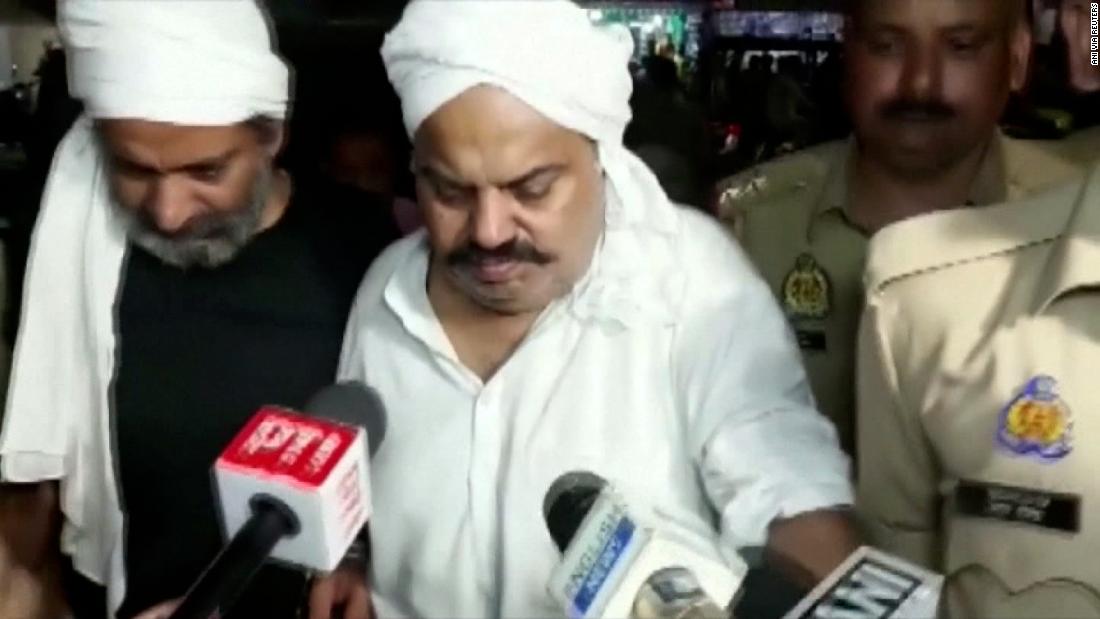A £2.5 billion theme park dubbed the “British Disneyland” has been dealt a major blow with plans officially scrapped.
First announced in 2012, the London Resort was set to be built on Swanscombe Peninsula in Kent.
SWNSThe initial plans for London Resort said it would be three times larger than any other UK theme park[/caption]
The Mega AgencySince the plans were first revealed in 2012, the build has been plagued with disastrous setbacks[/caption]
The massive attraction would have been three times larger than any other UK theme park and equivalent to 136 Wembley stadiums.
But since then the build has been plagued with disastrous setbacks.
Now, plans are officially dead in the water for the multi-billion pound entertainment park.
A High Court judge has ordered the company behind the London Resort project – London Resort Company Holdings (LRCH) – into liquidation.
The proposed park was set to feature rides, restaurants, hotels, create tens of thousands of jobs and pulling in millions of visitors.
But, after locking horns with entertainment giant Paramount – which had been left furious by a broken contract it claimed had left it owed millions – its legal pressure has now brought the curtain down on the scheme.
A spokesman for LRCH said: “The dream of the London Resort has been ended by the courts. Natural England fatally wounded the scheme, a single creditor has killed it and, with it, any chance of the UK competing on the envisaged scale of London Resort.”
Kuwaiti businessman Dr Abdulla Al-Humaidi – the original main driving force behind the scheme – had hoped to keep the dream of the theme park alive.
Steve Norris, former Transport Secretary under John Major’s Conservative administration in the early 1990s, and a former chairman of LRCH – stepping down last year – described the park’s failure as “a tragedy”.
Speaking to KentOnline today, he said: “I cannot comment on recent events since I resigned from LRCH some time ago, but I offer only one observation.
“Abdulla and his family put millions into the project. A decade on from when the project started it still does not have planning consent which is a terrible reflection on our sclerotic planning system.
“I am fairly sure that one of the main reasons why funding from the Gulf dried up was because nobody there could believe the UK government was sympathetic to the project if it still did not have planning consent after so many years and so much money spent.
“Paramount’s attitude appears strangely unhelpful to say the least. It’s a tragedy for those who have lost money, for Abdulla and his family, for Kent and for the UK.”
The London Resort had been designated a NSIP – a Nationally Significant Infrastructure Project.
To proceed, it needed to secure what’s known as a Development Consent Order (DCO).
But just a day before years of preparation were due to begin to be presented before planners, in March 2022, London Resort dramatically withdrew the plans, citing environmental and transport issues.
LRCH had limped on ever since – regularly promising to resubmit its plans – but with no real progress made.
The NSIP status – which is listed on the Planning Inspectorate website as applying to LRCH – is likely to die with the company, lifting the cloud of uncertainty which has hung over businesses on the peninsula in recent years.
The judge’s decision on Friday coincided with the Planning Inspectorate awarding legal costs to a host of companies which had conducted work ahead of the DCO bid, before it was shelved, due to LRCH’s “unreasonable behaviour”.
It said the withdrawal of the DCO was made “without sound reason, and exceptional circumstances have not been demonstrated”.
These included the likes of the Kent Wildlife Trust, Bugs Life, National Highways, Network Rail and a joint submission by Kent County Council, Dartford Borough Council and Ebbsfleet Development Corporation.
LRCH has also been told to pay costs to Merlin Entertainments, a rival theme park operator and the company behind the likes of Chessington World of Adventures and Thorpe Park. It had opposed the plans.
The attraction was set to feature 50 rides, including eight roller coasters and different zones containing medieval castles and an Aztec pyramid, together with a 2,000-seat theatre and nightclub.
The original site would have included a waterpark, conference and convention centre and e-Sports facility.
Over 3,500 hotel rooms were set to be created alongside two ferry terminals – one each side of the River Thames.
Politicians and local councils were optimistic about the project, hoping that the resort would bring more than 30,000 jobs – while jump-starting the economies of nearby Gravesend and Dartford.
Published: [#item_custom_pubDate]















































































































